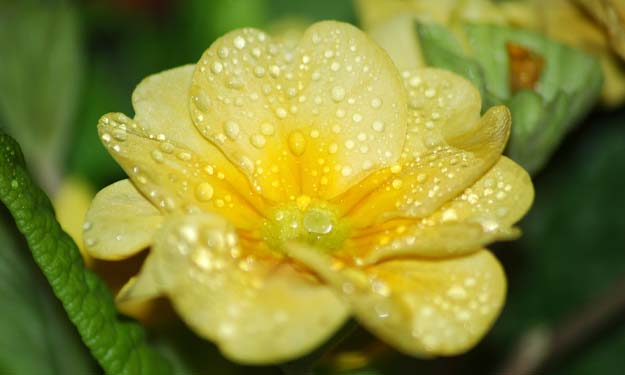Evening Primrose
Species Name: Oenothera genus with 125 different species.
Also known as: Evening primrose, suncups, and sundrops. Do you really know the purpose of evening primrose? Most of us have seen it in the herbal section of the pharmacy or in the skin care section in oil form, but we don’t know much about its origin for the most part.
What is Evening Primrose: The Evening Primrose is a very popular and ornamental plant. The plant survived in any ordinary dry, well-drained garden soil where the site is sunny to partly shady. For the most part, they are drought-resistant.
The young roots of Evening Primrose can be eaten like a vegetable and has a peppery flavor. The shoots, on the other hand, can be eaten as a salad.
At one time, an infusion with astringent and sedative properties was prepared by using the entire plant, and poultices that contained O. biennis were used to ease bruises and speed the healing of wounds.
Home Remedies using Evening Primrose
Benefits of Evening Primrose
The mature Evening Primrose seeds contain approximately 7-10% gamma-linolenic acid, which is a rare essential fatty acid. This particular fatty acid is believed to be effective against breast cancer.
GLA is also beneficial in preventing hardening of the arteries, heart disease, inflammation, PMS, multiple sclerosis, and enhancing the release of estrogen, testosterone, and other sex hormones.
Evening Primrose oil is the richest source of GLA, and is highly valuable for those people who have trouble forming enough such as those who do not get enough essential fatty acids in their diet, drink or have consumed excessive amounts of alcohol, have reduced thyroid function, or have received radiation therapy.
Recent studies, though inconclusive, link the use of Evening Primrose Oil to an anti-oxidant that counter acts the formation of free radicals that are often associated with the process of aging.
Uses of Evening Primrose
- Healing asthmatic coughs
- Healing gastrointestinal disorders
- Treatment of whooping cough
- Use as a sedative pain killer
- Seed oil is used to treat symptoms of pre-menstrual stress syndrome
- Treatment of neurodematitis
- Treatment of atopic eczema
- Treatment of arthritis
- Control of high cholesterol
- Treatment of high blood pressure
- Treatment of multiple sclerosis symptoms
- Treatment of juvenile hyperactivity
- As an herb in salads or as a vegetable
- As a supplement in capsule or soft gel form
- Topical lotion or cream
- Shampoo
- Soap
Side Effects of Evening Primrose
Though none of specifically known, those the health care provider should be notified before taking Evening Primrose if you have any of the following conditions:
- Epilepsy
- If you are taking anticoagulants
- If you are taking blood pressure or cholesterol medicines
- If you are taking estrogen or other types of hormonal therapies



